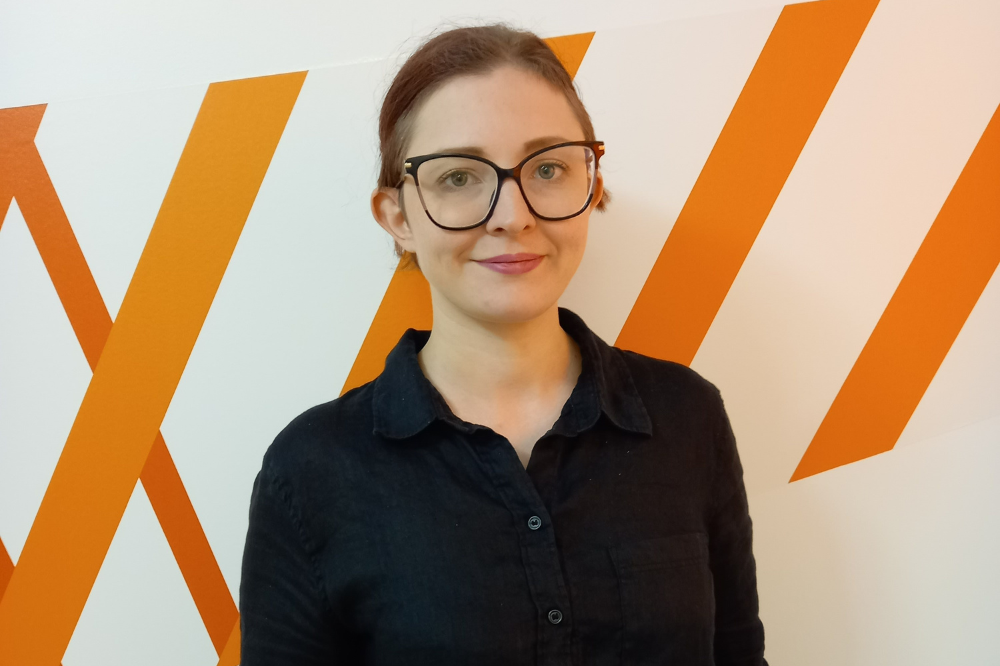Editorial: Why Intact’s UK personal lines motor exit should come as no surprise

Judging by Intact’s 2022 results call in February, in which neither analysts nor the insurer’s top team seemed particularly buoyed by the UK personal lines business’ performance, the writing has been on the wall for some time.
Why the writing was on the wall for an RSA personal lines exit
The annual results call was peppered with references to finalising footprints and distribution concerns. While UK&I commercial fared much better, a sense pervaded that personal lines was not hitting the mark even stripping out a substantial cat hit.
We need to be “making sure we’re playing in the right part of the market,” was a key message from Intact CEO Charles Brindamour, who also defended RSA’s position as number three in home and “two or three” in pet.
As it turns out, not altogether out of the blue given Brindamour’s comments, personal lines motor is not the right part – and here’s why.
UK motor market challenges
Following on from pandemic profitability, today’s UK motor market is tough, and it’s proving challenging even for seasoned players. It is a competitive space.
Claims inflation has bitten. We’ve seen specialist MGA Kitsune drop out, and others are facing up to headwinds.
As of last year, issues were occurring across every aspect of the supply chain, as Geoff Carter, Sabre CEO and a regular critic of the wider market’s discipline, told Insurance Business.
Players have seen motor CORs far outstrip (and not in a good way) those of the pandemic boom years, with even giant Admiral – typically a bastion of sub 80% CORs and motor underwriting profitability – reporting in at 93.3%.
Rival DLG, another heavyweight, saw its motor COR soar to 114.7%, and the insurer’s January profit warning came as a “major surprise”, according to analysts at Jefferies, setting alarm bells ringing with investors.
Intact doesn’t need the UK motor market
The market is facing up to ‘bumps in the road’, but that’s not the only reason that Intact will have taken this decision, which shouldn’t entirely be seen as an indictment of UK motor.
It makes sense that RSA’s personal UK motor business might make the Canadian giant uncomfortable, else disinterested, and getting rid of it offers a quicker fix.
To borrow a phrase from TD Securities analyst Mario Mendoca, Intact is Canada’s “800lb gorilla”. It is not used to being beholden to the might and whims of competitors.
In its homeland, the insurer is easily the biggest property & casualty (P&C) player. It has all the muscle it needs, and years of experience navigating Canadian rates and provincial regulation.
Its personal auto segment alone represented CA$5.51 billion (UK £3.28 billion) in direct written premium for 2022.
In recent years, RSA had been sitting pretty near the bottom of the top 10 UK personal lines motor insurers, and the business said on Tuesday that annual premium being offloaded was around £120 million. This is peanuts for Intact.
The insurer pointed to a need for “significant scale” to deliver meaningful results in a Tuesday press release, driving this home.
Pet and home, where it ranks higher, seem like a more natural personal lines fit and focus area moving forwards. Meanwhile, the commercial business has delivered more palatable results, including an annual underwriting income of CA$230 million (2021: CA$120 million) versus personal lines’ underwriting loss of CA$107 million (2021 underwriting income: CA$32 million).
What next for RSA?
It should be of little surprise then, given this conflation of circumstances and previous hints, that RSA is waving goodbye to its UK personal lines motor book.
So, what next? And what does this mean for RSA’s UK employees?
Around 500 out of 4,900 (or roughly 10%) of RSA’s team members work across personal lines, and Insurance Business understands that they typically do not have a motor only focus. The number of people affected by the exit could, then, be limited to the double digits, and there could be room for movement around the business.
The insurer has said it will look to “further simplification” and tech investment, and platforms for pet and home are expected to come online this year. Further, it will zone in on direct, echoing previous comments from RSA UK&I CEO Ken Norgrove. In August, it ended its decades-long ties with Motability, and Norgrove has said it will chop partnerships “where the economics don’t stack up” – some have already gone, while others remained in negotiation as of February.
The insurer hopes to report a mid-90s combined ratio for its UK&I segment for this year (2022: 97%), taking the announced changes into account, it said in the Tuesday press release, while restructuring costs of £35 million are expected for Q1.
“Very strong” commercial and speciality, which have undergone a turnaround in recent years, seem set to take a leading role, and the insurer has been working to improve service for its sometimes-beleaguered brokers. Having Intact, which operates in a broker-led market and is a profitable and specialty provider in the US, on board can’t hurt either.
Given there are still a few months to that golden 24-month post-deal sweet spot, it would be rash to proclaim that no additional changes are forthcoming, and Insurance Business understands that a timeline set out by the leadership team still stands, meaning the insurer may well be keeping its options open and continuing reviews.
Canadians will be watching to see whether Intact’s £3 billion investment in a UK insurer with a 300-year legacy behind it pays off. For some Brits, meanwhile, the RSA motor pull out will be a sad ending and doesn’t paint the motor market in the rosiest light, though less competition could be a boon.
As the saying goes, there’s no point kicking the can down the road. There will also be the question of whether more could follow suit.





